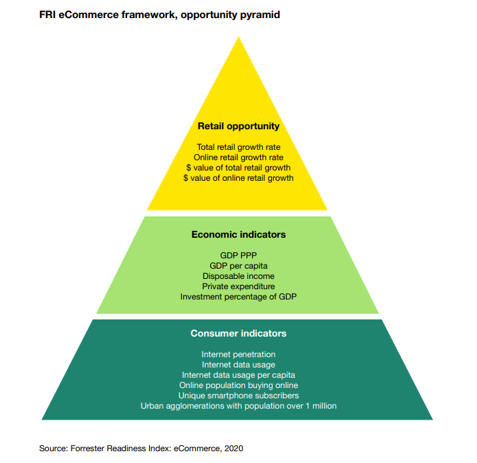
Customers pick up their orders from Shake Shack in Madison Square Park in New York.
Getty Images
As the number of COVID-19 cases in the United States rises, companies are reevaluating their sick-leave policies for hourly workers or implementing paid leave for quarantined employees.
Starbucks, which already offers paid sick leave to employees, is offering “catastrophe pay” to U.S. baristas for up to 14 days if they have been diagnosed with, exposed to or in close contact with someone with the coronavirus. Walmart, the nation’s largest private employer, instituted an emergency leave policy Tuesday in the wake of a Kentucky store associate testing positive for the virus. Darden Restaurants announced Monday that hourly workers would be paid while they’re sick.
The coronavirus outbreak has drawn attention to the plight of restaurant workers whose employers or local governments do not guarantee sick pay. Fifty-five percent of workers in the restaurants and accommodations sector do not have paid sick leave, according to the Bureau of Labor Statistics. Even those with paid sick leave might not have enough paid sick time for the 14-day quarantine recommended by the Centers for Disease Control and Prevention for this strain of coronavirus.
President Donald Trump has floated the idea of providing help to hourly wage earners as part of a broader relief measure for U.S. workers.
Paid sick time can help encourage workers to stay home if they are feeling ill. Like frequent hand washing, this is an important step in trying to halt the spread of the virus.
The restaurant industry, with its razor-thin profit margins, has largely chosen not to offer paid sick leave unless it is required by law. Many fast-food chains let franchisees decide whether to offer the benefit to employees who work in franchised locations.
Despite this, some restaurant workers in areas stricken by the virus have been calling out of work, even though they may be risking a lighter paycheck.
“Within the hotspot areas, we have heard staffing has become an issue as employees want to avoid risking exposure, causing restaurants to alter their hours of operation,” Stifel analyst Chris O’Cull wrote in a note to clients on Wednesday.
Some hourly workers at restaurant chains such as Shake Shack already have paid sick leave as companies have used the benefit as a way to attract employees in a tight labor market. Chipotle Mexican Grill began offering three paid sick days starting on the first day of employment in 2016 after a series of food-safety scandals.
Other chains are under pressure to change their policies.
On Tuesday, Fight for $15 and a Union, a fast-food workers’ rights coalition, released a list of demands for McDonald’s, the nation’s second-largest private employer. Among the demands are paid sick leave for all workers, across both corporate and franchised locations, and payment for any missed shifts if a restaurant has to close.
McDonald’s, which has not reported that any U.S. workers have tested positive for the virus, has offered five days of paid time off to hourly workers in company-owned stores since 2015. The company said Tuesday afternoon that employees at company-owned U.S. locations will receive pay if asked to quarantine for 14 days.
“As we proactively monitor the impact of the coronavirus, we are continuously evaluating our policies to provide flexibility and reasonable accommodations,” a company spokesperson said in a statement.
About 5% of McDonald’s U.S. locations are operated by the company.

